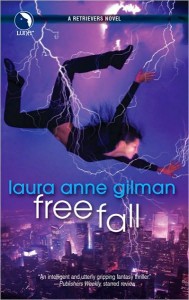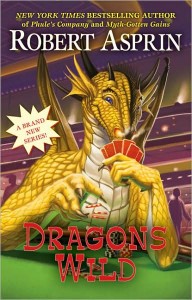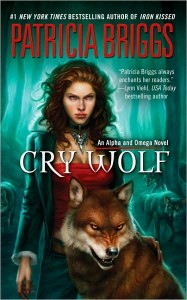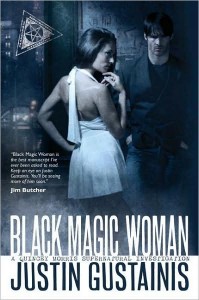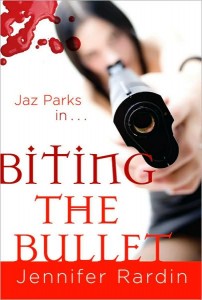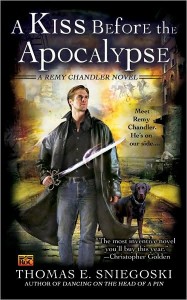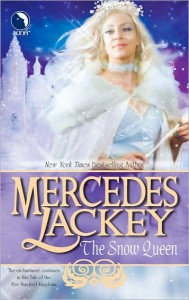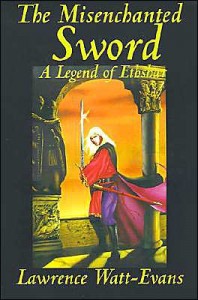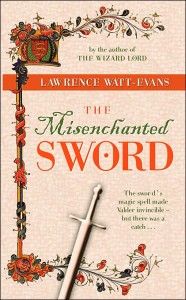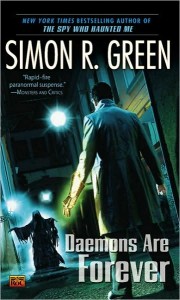 For centuries, the powerful Drood family has protected the world from monsters, demons, evil cultists, and things that go bump in the night. Clad in their distinctive golden armor, they’ve been a terrifying, secretive force for justice, fighting a host of hidden wars against all things unmentionable. And then they made the mistake of annoying one of their own. Before the dust had settled, Eddie Drood, one of their best field agents, had launched an all-out war against his own family, uncovered the dreadful secret of the golden armor, and toppled the Matriarch herself, setting himself up as the new head of the Droods, vowing to rebuild a tarnished reputation and return them to the glory they’d lost in recent years. Now, with his girlfriend, Molly Metcalf, the infamous Wild Witch of the Woods, at his side, he’s about to learn the hard way just how demanding a job he’s taken on.
For centuries, the powerful Drood family has protected the world from monsters, demons, evil cultists, and things that go bump in the night. Clad in their distinctive golden armor, they’ve been a terrifying, secretive force for justice, fighting a host of hidden wars against all things unmentionable. And then they made the mistake of annoying one of their own. Before the dust had settled, Eddie Drood, one of their best field agents, had launched an all-out war against his own family, uncovered the dreadful secret of the golden armor, and toppled the Matriarch herself, setting himself up as the new head of the Droods, vowing to rebuild a tarnished reputation and return them to the glory they’d lost in recent years. Now, with his girlfriend, Molly Metcalf, the infamous Wild Witch of the Woods, at his side, he’s about to learn the hard way just how demanding a job he’s taken on.
With their fabled golden armor no longer available, the Droods are supposedly weak and vulnerable, and there’s no shortage of enemies willing to test this rumor out for themselves. As a show of strength and demonstration of commitment, Eddie decides that it’s long past time for the Droods to clean up one of their messes: they’re going to eradicate the Loathly Ones, extradimensional creatures brought over during the desperate days of World War II, who, like the worst sort of houseguests, have remained in this dimension and prospered. Under Eddie’s direction, the Droods will wipe them out and show the world that you just don’t mess with the Drood family. Unfortunately, there will be … complications. The Loathly Ones are soul-stealing, body-possessing parasites, intent upon bringing more of their kind, and things much worse, into this world, and they have spies and agents everywhere. Even among the Droods. Now Eddie has to simultaneously wrangle his own family into following his lead, root out the traitors working against him, and somehow fight an all-out war against a nigh-unbeatable foe, all while his allies are at their weakest. He’s going to have to call in some extra help, including Subway Sue the luck vampire, Janissary Jane the ultimate mercenary, and Mr. Stab, eternal spirit of Jack the Ripper. And just for good measure, Eddie will also recruit some surprising allies from the past and the future. Even then, it’ll be the fight of his life.
Now, I’ve been covering Simon R. Green’s books for years, and I have to say, it gets harder to talk about them each time. Mainly because you always know just what you’re in for with a Green adventure. Bold heroes, strong characters, terrifying women, strange magics, wild action, and concepts that lesser people would sum up as batshit crazy. Simon Green’s books are the literary equivalent of The Who destroying their instruments on stage, all wild abandon and over-the-top violence and shocking moments. Green doesn’t just go to eleven – he -starts- there. Twenty pages into Daemons Are Forever, our hero fights a street full of armored soldiers, including several helicoptors. And wins. That’s right, Eddie Drood punches a helicoptor in the face. And that’s all before the opening credits. This is wide-screen, fresh popcorn, heavy metal instrumental, all-out urban fantasy action at its finest overkill, and that’s just the way Green delivers. It’s his forte, and he knows it. His characters fight armies of extradimensional creatures for -fun-.
If there’s another thing Green has, it’s the ability to create memorable characters, even if they do seem to fulfill certain standard roles. You have Eddie Drood, the stalwart, semi-reluctant leader and nigh-invincible warrior, who’s only doing this because he’s found no one else better to take care of business. You have Molly Metcalf, his girlfriend/occasionally foil, who’s also one of the scariest women alive. (Their counterparts in Green’s Nightside series would obviously be John Taylor and Shotgun Suzy, and in his Forest Kingdom books, they’d be Rupert/Hawk and Julia/Fisher…) You have the various supporting characters, with their descriptive names and bizarre attributes: Subway Sue, Janissary Jane, and Mr. Stab (okay, again I have to stop and just scratch my head. Simon, you were on such a roll, and then you came up with Mr. Stab. I guess everyone can slip a little.) Toss in the Blue Fairy, and you have the group of unpredictable allies, who are as much a danger to the hero as they are to the enemy. But hey, that’s business as usual, and again, it’s part of what makes this so much fun. Green’s mastered the art of writing something vaguely similiar every time, while changing the exterior details and serial numbers, combining the familiar and the new.
He comes up with the best concepts, too, some of which convey a sense of awesome just with their name: The Time Train, the Armageddon Codex, the Loathly Ones. I swear, Green tosses out more interesting characters and concepts in one book than some writers do in a lifetime. And if you’re lucky, he’ll come back to them eventually, when he’s good and ready.
Daemons Are Forever is full of sharp twists and sudden curves, a roller-coaster of a storyline that manages to pull out more than one surprise when you’re not looking. And then, for good measure, Green finds a way to tie the story in, at least peripherally, to some of his other works, in a way I really should have seen coming but didn’t. More points to him. The concept and title may have been inspired by James Bond, according to Green. but Bond never, ever had to go through a fraction of the stuff Eddie does. Heck, compared to Eddie Drood, Bond’s a wimp. Go figure.
At any rate, what can I say? Daemons Are Forever is Simon R. Green doing what he does best, and delivering yet another high-octane performance that’s bound to keep his fans happy until the next book comes out. I loved it, and I’ll be right here waiting for the next in the series.
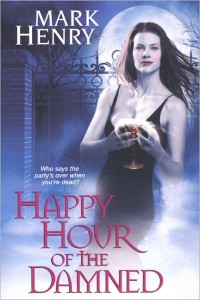 Amanda Feral is a zombie, a foul-mouthed fashionista who trolls the bizzare nightlife of supernatural Seattle with her best friends (a vampire, a succubuss, and another zombie), drinking flirtinis and occasionally eating unwary humans by night, advertising executive by day. It’s not a conventional lifestyle, but she makes it work with her unique brand of dry humor and stylish practicality. However, when one of her friends texts her with a plea for help, only to immediately go missing, Amanda is jolted out of her routine, and dragged into an ever-more-dangerous search for the missing woman. Now Amanda’s going to have to brave all sorts of weird hazards, from rogue zombies at Starbucks (giving the civilized ones like her -such- a bad name) to sadistic immortals, to supernatural recovery groups, to someone who might be the Devil herself. What’s going on? Amanda aims to find out, but only if she can keep from damaging herself. Zombies don’t heal, and any injury can be messy, inconvenient, and downright upsetting to the psyche. And where the hell -is- that missing friend, anyway?
Amanda Feral is a zombie, a foul-mouthed fashionista who trolls the bizzare nightlife of supernatural Seattle with her best friends (a vampire, a succubuss, and another zombie), drinking flirtinis and occasionally eating unwary humans by night, advertising executive by day. It’s not a conventional lifestyle, but she makes it work with her unique brand of dry humor and stylish practicality. However, when one of her friends texts her with a plea for help, only to immediately go missing, Amanda is jolted out of her routine, and dragged into an ever-more-dangerous search for the missing woman. Now Amanda’s going to have to brave all sorts of weird hazards, from rogue zombies at Starbucks (giving the civilized ones like her -such- a bad name) to sadistic immortals, to supernatural recovery groups, to someone who might be the Devil herself. What’s going on? Amanda aims to find out, but only if she can keep from damaging herself. Zombies don’t heal, and any injury can be messy, inconvenient, and downright upsetting to the psyche. And where the hell -is- that missing friend, anyway?
